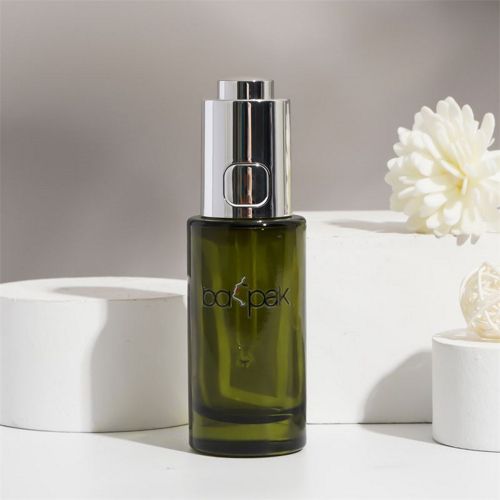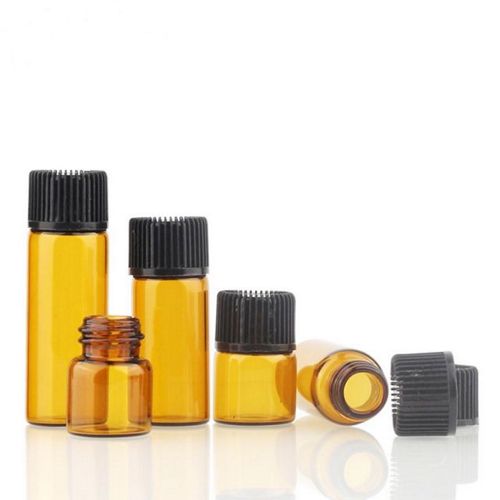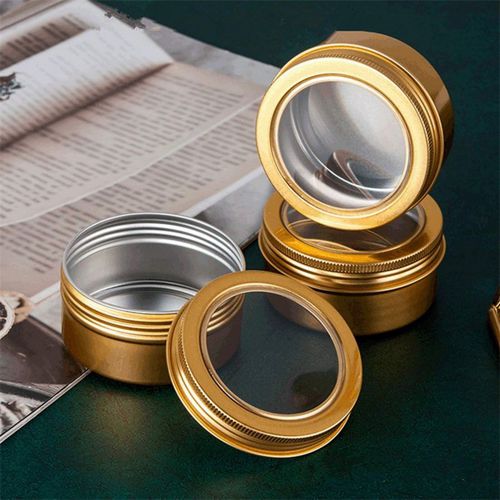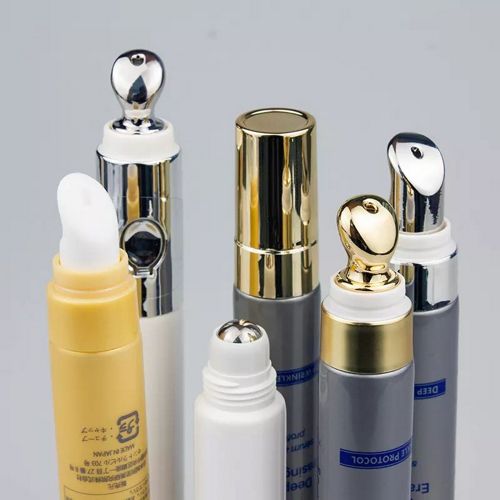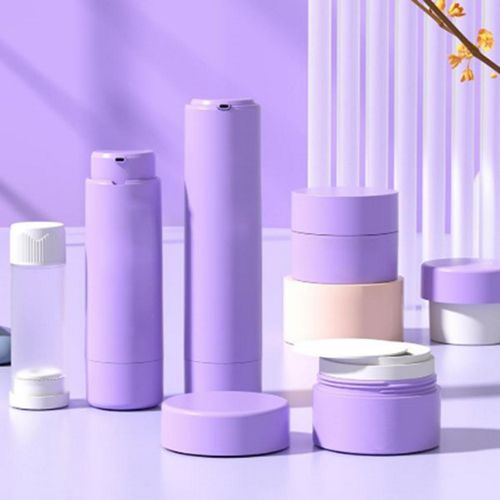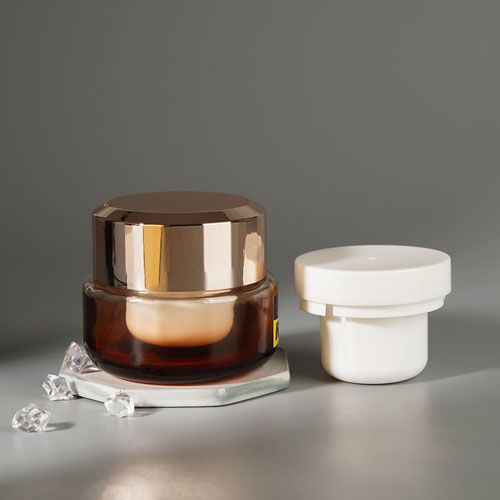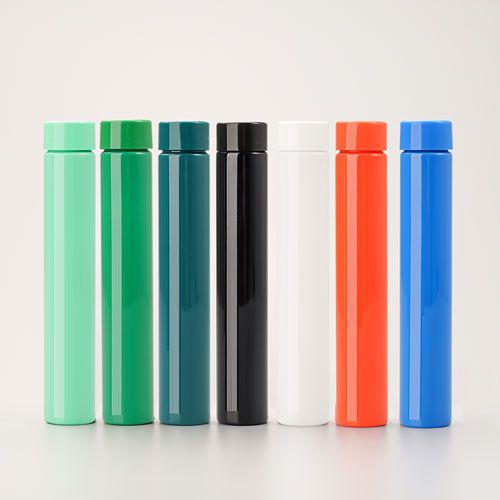PCR stands for Post-Consumer Recycled, and it is gaining increasing popularity but is often misunderstood and associated with other forms of recycling.
PCR is often confused with PIR, which stands for Post-Industrial Recycled.
Plastic can only be considered PCR if the following events occur:
- Plastic raw material is purchased by a processor and processed into plastic components, which are then sold to original equipment manufacturers.
- The plastic components are then sold/distributed to consumers.
- Consumers discard the plastic packaging.
- The plastic packaging is recycled and prepared for conversion so that it can be transformed into new plastic components again.
- HDPE or High-Density Polyethylene for blow molding.
- PET or Polyethylene Terephthalate for blow molding, IBM/Injection Blow Molding, and ISBM/Injection Stretch Blow Molding.
- PET can also be used for injection molding, depending on specific circumstances.
We continuously improve our supply of PCR materials and strives to keep the cost of original materials neutral. Currently, the proportion of plastic components manufactured using 100% original materials is below 5%.
We continuously improve our supply of PCR materials and strives to keep the cost of original materials neutral. Currently, the proportion of plastic components manufactured using 100% original materials is below 5%.
Due to increasing demand, the minimum order quantity for PCR is getting lower. However, all products currently available in PCR require a minimum order quantity of 10,000 pieces.
PCR must undergo rigorous sorting and cleaning processes. PCR does introduce inherent variables that need to be addressed through part design or final material formulations (PCR + Virgin). For example, PCR polypropylene can be a blend of low and high impact grades, which may result in bottles not passing the drop tests specified by our clients. Our BD PAK engineering team can address these issues.
Our Recommendations for PCR PackagingStandard tests specified by the client are necessary.
Coloring PCR to the desired color by the client can be the biggest challenge. PCR sorting and classification technologies have made significant progress, but inherent challenges persist in classifying light colors, translucent colors, and transparent colors. By closely collaborating with our clients, these challenges can be resolved in almost all cases.
PCR and DecorationPCR does not bring any new decoration challenges compared to original plastics.
Currently, PCR delivery time is only affected by spontaneous orders. By working with our clients to fulfill their plans, we can overcome almost any delivery time challenges.

